Its the opposite of investment. Its the quick fix. The bottomless pit of desire that cannot be sated. The Janus face of capitalism, money and banking. Is the true aim of the gambler narcissistic and aggressive desires for attaining the omnipotent, somehow linked to fantasies of erotic desire? An outlet for hysteria, paranoia and a form of death wish seeking pretexts for suffering? In the end, the House always wins, and losers are needed to subsidize winners and maintain the pyramidal structure. Walter Benjamin:“The fascination of danger is at the bottom of all great passions. There is no fullness of pleasure unless the precipice is near. It is the mingling of terror with delight that intoxicates. And what more terrifying than gambling?” .
So, there is a relationship , between gambling and capitalism, or more specifically a society embedded in the medium of exchange and dominated by the pressures of time; gambling being a vain attempt at short circuiting the time/money paradigm while affirming its existence. Winning is seen to end pain in a sensation of delight, and losing is well, a sublime astonishment. In either case, an affirmation of the active life. Think of the medieval wheel of fortune, the choice of random fate where history is erased by each new spin of the wheel and by contrast, the individual in the center, contemplative and fixed in time.
The subjective nature of the ardent gambler provides insight into the role of money in market based economies. Money is the most sublime object of capitalist ideology, very much in the dynamic of risk and chance; in gambling, the subject engages money in a very direct encounter which avoids the typical symbolic order of capitalism, its trajectory and velocity is localized in a pure state. Zizek with his Lacanian approach says this results in a momentary de-sublimation of money, without the metaphysical properties otherwise accorded to it by capitalism. The kind of virtual industry, faith based like religion. For compulsive gamblers, the de-sublimation has become fixed and enduring, making it impossible for them to function as an ordinary capitalist subject.They are outside the system, victimized. They have come too close to money, resulting in a pathological state of being out of sync with the structure of money and banking. the gamer, the wagerer on sports betting for example, is devoid of any aesthetic, no interest in the drama of a particular game ,other than instantaneous informational updates regarding other scores on which they have multiple bets. The enthrallment is by “the split-second mutability of his wagered prospects.”
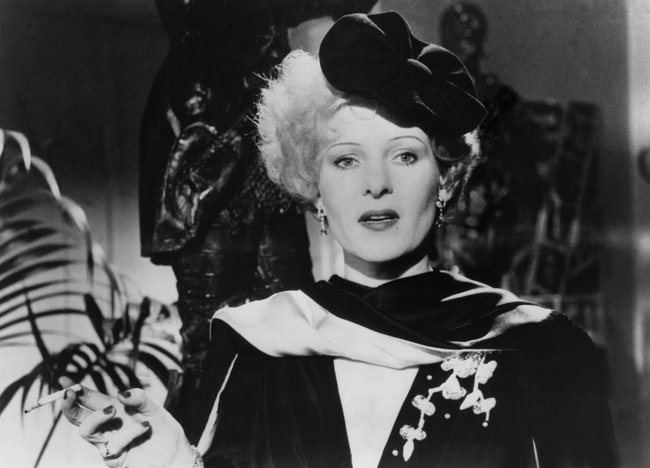
---“Well, what is gambling, I should like to know, but the art of producing in a second the changes that Destiny ordinarily effects only in the course of many hours or even many years, the art of collecting into a single instant the emotions dispersed throughout the slot-moving existence of ordinary men, the secret of living a whole lifetime in a few minutes—in a word, the genie’s ball of thread? Gambling is a hand-to-hand encounter with Fate. . . ( Walter Benjamin) Read More:http://www.thelemming.com/lemming/dissertation-web/home/presence-of-mind.html
“The wager is a means of conferring shock value on events, of loosing them from the contexts of experience” One’s wager may vary in personal significance—though it must be significant to some degree, lest it not be a wager at all: a small stack of jettons,(sp?) a week’s pay, or perhaps the cataclysmic cost of self-undoing and irreconcilable debt. Regardless of the player’s intentions, whether he “steers toward absolute ruin” … in that complete ruin “causes the dice to fall back” (Deleuze) so that the singularity of the dice throw can start all over again] or aspires to “money—in other words, immediate infinite possibility” , the winner’s prize is always the same: delight as it is defined by Edmund Burke: “the sensation which accompanies the removal of pain or danger” (On the Sublime and Beautiful). PERHAPS ANOTHER DEFINITION Delight in this sense is in many ways comparable to the satisfaction of lust, in so far as lust may be regarded as the painful sensation brought forth by an extended and unrequited pursuit of a desired object—the objective of the game [THINK HUNTING and PURSUIT], which Benjamin notes in his chapter on Gambling and Prostitution: compares the elation of the winner “with the expression of love by a woman who has been truly satisfied by a man” ). It is no coincidence that he couples the type of the gambler with the type of the prostitute. For Benjamin, and for those he choses to include in his collection, The Arcades Project, gambling is erotic in nature: “‘The passion for gambling thus serves an autoerotic satisfaction, wherein betting is foreplay, winning is orgasm, and losing is ejaculation, defecation, and castration.’ .Read More:http://www.thelemming.com/lemming/dissertation-web/home/presence-of-mind.html
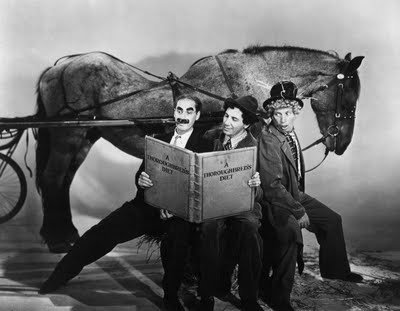
---The happiness of the winner: the winner’s highly remarkable feeling of elation, of being regarded by fate, of having seized control of destiny. Comparison with the expression of love by a woman who has been truly satisfied by a man. Money and property, normally the most massive and cumbersome things, here come directly from the hands of fate, as if they were the caressing response to a perfect embrace. –Furthermore, one should note the factor of danger, which is the most important factor in gambling, alongside pleasure (the pleasure of betting on the right number). It arises not so much from the threat of losing as from that of not winning. The particular danger that threatens the gambler lies in the fateful category of arriving ‘too late,’ of having ‘missed the opportunity.’---Read More:http://www.thelemming.com/lemming/dissertation-web/home/presence-of-mind.html
A genius and/or fool bet $250 on the Cardinals to win the World Series at 999/1 odds when they were five games out of a playoff spot with 15 games to play, Deadspin reports. Now, he will win nearly $250,000 if St. Louis is able to finish off the Texas Rangers.He already won $125,000 on a 500/1 bet for the Cards to win the National League .He placed the bet at the MGM Grand on Sept. 12.Read More:http://articles.businessinsider.com/2011-10-20/sports/30301286_1_bet-cardinals-oddsa

Thorsten Brinkmann photography. ---Professional sports bettor Adam Meyer will win $1.5 million on a $100,000 bet if the Cardinals win the World Series, Darren Rovell reports. Meyer, who operates AdamWins.com, placed the bet at the M Restort in Vegas where there is no limit on how much a bettor can wager. He got St. Louis at 15-1 odds on Sept. 29. He told Rovell that he has placed a $250,000 hedge on the Rangers, and could bump that to $500,000. Read more: http://articles.businessinsider.com/2011-10-17/sports/30288861_1_bettor-wager-cardinals#ixzz1bmxWDYRM
“‘The basic principle . . . of gambling . . . consists in this: . . . that each round is independent of the one preceding. . . . Gambling strenuously denies all acquired conditions, all antecedents . . . pointing to previous actions; and that is what distinguishes it from work. Gambling rejects . . . this weighty past which is the mainstay of work, and which makes for seriousness of purpose, for attention to the long term, for right, and for power. . . . The idea of beginning again, . . . and of doing better, . . . occurs often to one for whom work is a struggle; but the idea is useless, . . . and one must stumble on with insufficient results.’ Read More:http:/
.thelemming.com/lemming/dissertation-web/home/presence-of-mind.htmlADDENDUM:
Does the guy who bets the Kentucky Derby every year love horses? Or does he just love betting on them?
This Cardinals bettor — and maybe he’s a great fan otherwise — has become something like a team owner. Only, he has no authority and no actual pride of ownership. Just a fleeting monetary investment. To him, the Redbirds aren’t a great comeback story for the sake of being a great comeback story; they are just a deposit to his bank account. A way to pay off his car, or install an above-ground pool, or sock some away for the kids’ college fund. A means to an end. And this is if the Cardinals win….
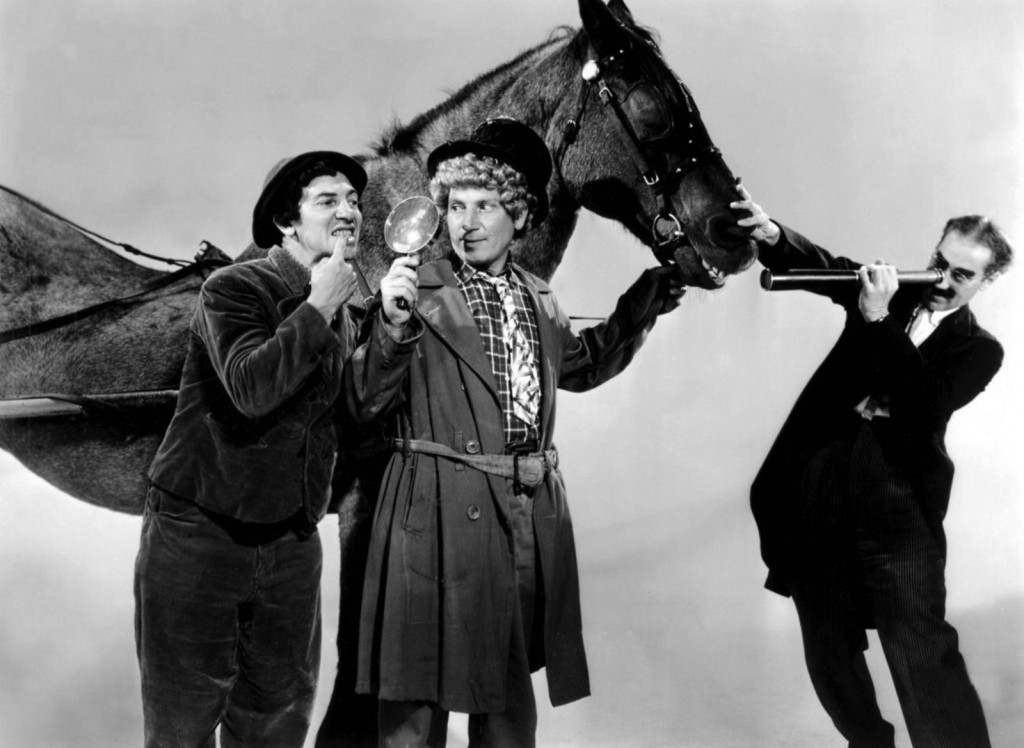
---Sent off at odds of 91.45-1, Donerail paid $184.90 to win in 1913 which is still the highest paying winner ever in the Kentucky Derby. Each Kentucky Derby winner has their name on a sign on the back of the grandstand at Churchill Downs. Image:http://racingbitch.wordpress.com/
…If they lose, the Cardinals will always be the guys who almost won him $375,000 (before taxes), but instead only won him $125,000. It’s actually kind of sad, the loss of innocence. It’s like the man says: He who gambles lives in shambles.Read More:http://ca.sports.yahoo.com/mlb/blog/big_league_stew/post/Fan-in-Vegas-bet-Cardinals-to-win-World-Series-a?urn=mlb-wp24823a

---But if you’re watching two teams battle each other in the World Series and you don’t usually root for either of them, you’re going to lose interest real quick if you don’t find some way to invest yourself. “But, Jed, I just love watching great baseball played at the best level with the highest stakes.” Blah blah blah. Put a lid on it, hippie. Sports are about competing and doing battle and waging war. Man up (or woman up), pick a side and give your life some meaning.... Well, there are a lot of different ways that range from the very simple to quite complicated. I remember watching the TV show “What’s Happening!” and Dwayne Wayne, the show’s default village idiot, picked football game winners based on which had the better uniform. As you can imagine, the system ultimately fails and there are a lot of valuable lessons learned. Now that I think about it, these days, I don’t think that a network would allow a comedy featuring inner-city youth with gambling problems. ...---Read More:http://www.throughthefencebaseball.com/rangers-vs-cardinals-who-do-you-love/12743/ image:http://www.einhorn-film.at/filme_klm/lili_marleen.htm
————————————-
There is a Debate Over Whether or Not Gambling Can be Good For an Economy. Proponents of the view that gambling is harmful use a quote of Nobel Laureate Paul Samuelson.
“(Gambling) involves simply sterile transfers of money or goods between individuals, creating no new money or goods. Although it creates no output, gambling does nevertheless absorb time and resources. When pursued beyond the limits of recreation, where the main purpose after all is to kill time, gambling subtracts from the national income.”…
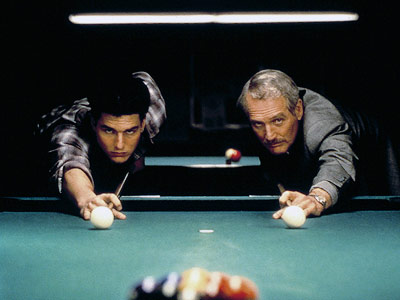
---At least industrial capitalists build stuff and develop technologies. But speculation is just blackjack with much higher bets, an exclusive casino for the ultra wealthy. The danger is that over speculation isn’t only unproductive, it’s also incredibly risky. Imagine the economy as a line on a graph, going up and down in a cyclical stable line. Well, the more speculation you add, the deeper and longer those bumps and troughs get. Speculation doesn’t create value, but it is very good at creating volatility. The reason is pretty simple, if you have 50 people trading a stock, its range isn’t going to differ that much over a day or a week, there’s only so many people and so much money. But if you had 50,000 people, you could generate wild fluctuations. Those are the fluctuations that cause a Black Tuesday or an East Asia crisis. If you don’t know about the East Asia crisis, basically around 1997 a bunch of currency speculators drained most of the capital out of the region in a matter of weeks. Factories were sold off piecemeal, bank after bank collapsed, there was hyper unemployment. It wasn’t very fun. Especially when it cascaded into Russia, causing the ruble to crash and eviscerating any gains those poor folk had managed to claw out of the capitalist “shock therapy” of 1992. Obviously we’ve got a bit of a problem here. We have an economy built on speculation and it’s ready to blow. ---Read More:http://joehillghost.wordpress.com/
…Other economists have taken exception to Samuelson’s characterization of gambling. They point out that his criticism could be applied to movies or Disneyland. These are products that don’t add to the ability of the economy to produce more. But they still have value because they provide satisfaction, or utility in the economist’s jargon, to consumers. These economists are more concerned about the costs of banning gambling, that is the ensuing enforcement costs and the incentives to lobby and bribe public officials to allow illegal gambling to occur. Read More:http://www.library.ca.gov/crb/97/03/Chapt9.htmla

---...Runyon was among the first to, "stylize both the language and the behavior of gangsters and depict them as another part of the socio-economic system, showing how the underworld provided clients with gambling, sex and hard-to-get sports tickets and, during Prohibition, with liquor,"...In addition, Runyon's short stories, with their rough-and-tumble characters and gangsters who live by their own code, and the writer's uncanny ability to dissect "the sham beneath the glitter" have contributed to Americans' continuing fascination with the sleazy side of entertainment, sports and sports gambling, and complicit relationships between criminals and the police. And last, the trial reporting of Runyon, who wrote for the Hearst papers, "contributed to the spectator culture by which we regard such celebrity events as the Lewinsky-Clinton scandal and the O.J. Simpson trial."...Read More:http://www.chiff.com/a/AW703runy.htm image:http://mubi.com/topics/film-database-submission-july-2010?page=7


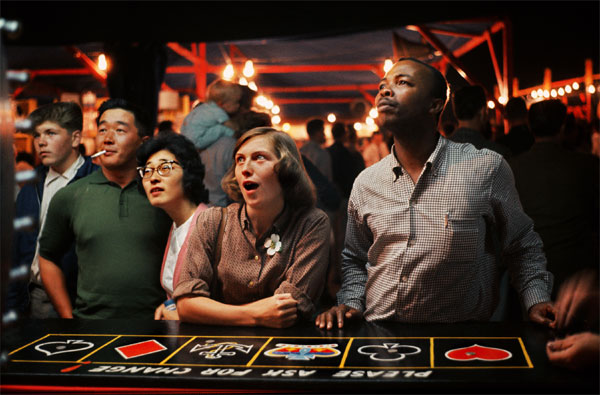



 COMMENTS
COMMENTS